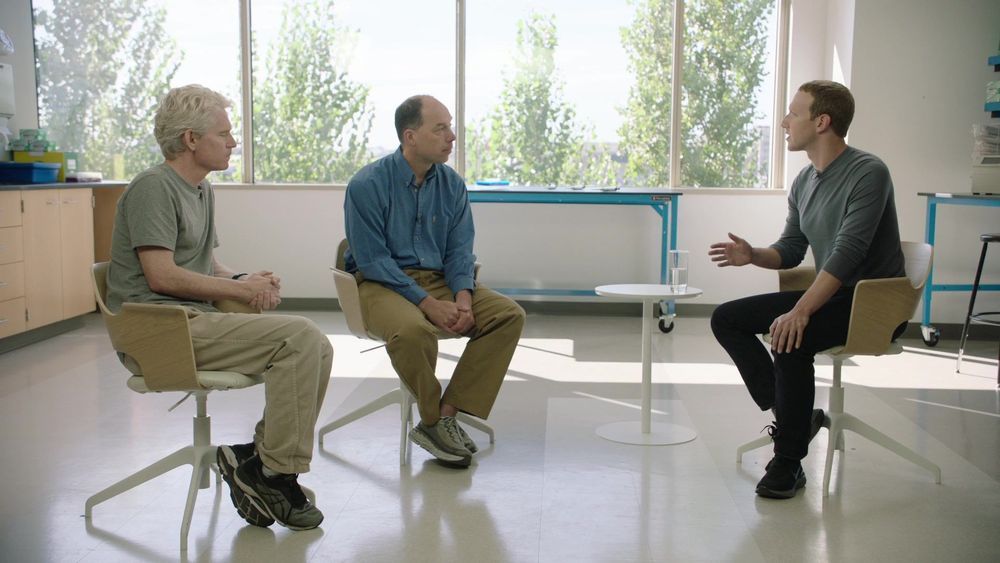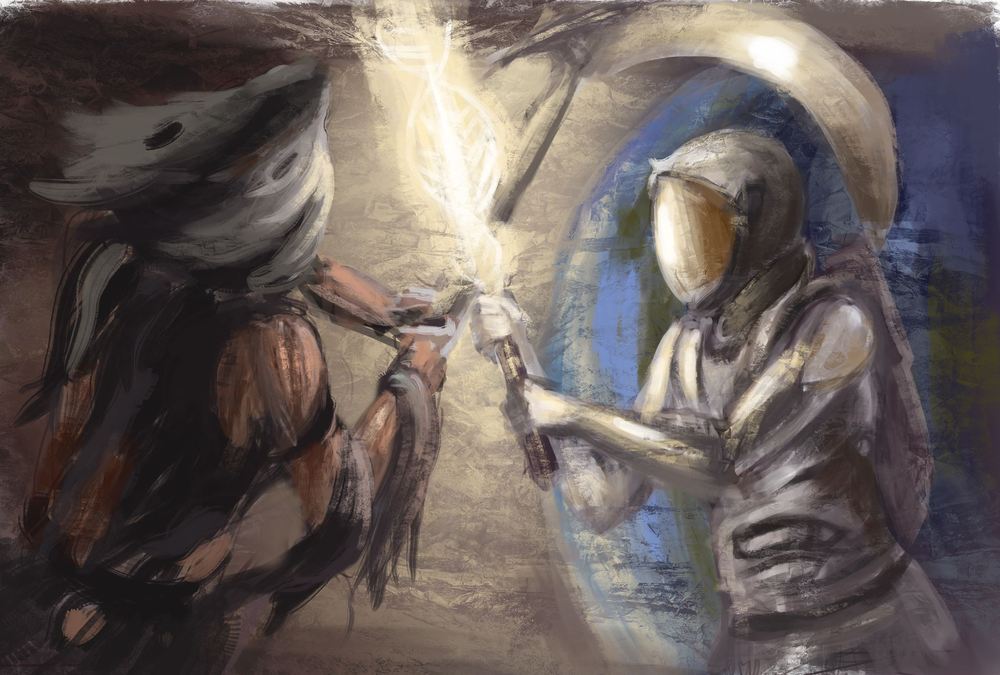Anticipation and to remain hopeful and patient in expecting a preferred future have a special place and a critical role in some moral and religious systems of faith. As a personal virtue, there are many natural, cultural, social, and educational factors that play a role in its development. However, for an economic agent and in general forward looking decision makers who follow a more secular worldview, the argument in favor of anticipation and how much it could be reasonable might be less clear. Therefore, it is worthwhile to explore when and under which circumstances we should choose anticipation. A convincing argument might be helpful. In this blog post I will build a framework based on game theory to provide a better and deeper insight.
Economists, mathematicians, and to some degree, engineers have contributed to the development of game theory. In neoclassic economics, it is assumed that each economic agent has a rational behavior. According to the prediction model based on such an assumption, decision makers, if they sell goods and services, tend to maximize profit and if they buy tend to maximize utility. In other words, people naturally seek the best and the most. Moreover, decision making is based on the principle of “predict then act”. The individual first predicts the likely consequences of choices and attribute to them utilities. In the next step, an alternative is chosen that has the best consequence or the most utility. This camp or school is often called the normative decision analysis.
Nonetheless, empirical studies on the behavior of real decision makers demonstrate that despite the prediction of rational models of choice, the individuals or economic agents, do not always follow the principle of the best and the most. In 1950s, for instance, Herbert Simon showed that when faced with uncertainty and due to lack of information about the future, there are cognitive limits to rationality such that contrary to the neoclassic economic theory, people do not make decisions rationally and logically in search of the optimal alternative. Instead they seek a combination of satisfaction and sufficing levels of utility which is also called “satisficing”. This camp or school is often called the behavioral or descriptive decision analysis. To further explain, no one can claim that in a certain decision the best alternative has been chosen, regardless of the choice criteria or the ideal level of utility. Because there is always a better alternative than the best alternative known to us now. That better alternative either exists now beyond our awareness or will appear in the future. But we never can choose it if we do not know about it. In brief, we can possibly choose from a subset of the best, the best element.
In light of the flaws of the actual decision making by humans, we tend to recognize both the pros and cons of normative and descriptive decision analysis. Pioneers of decision analysis therefore have attempted to work on a new integral school that is wise enough and take into account the natural cognitive limits. This camp or school is often called the “prescriptive” decision analysis. The aim is to educate and train better decision makers, both individually and collectively. Our approach here to the question of anticipation is also integral and prescriptive.
Use of games in military planning, strategic thinking, and




